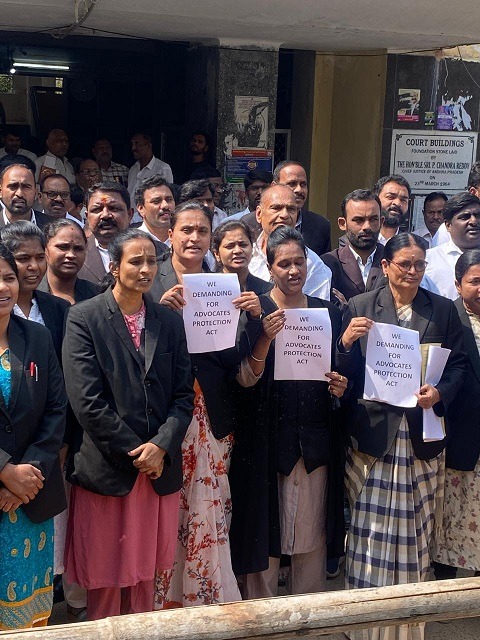
NEW DELHI, JULY 25, 2025: In a momentous event held at Atal AkshayUrjaBhavan, Union Home Minister and Minister of Cooperation, Mr Amit Shah, officially unveiled the much-awaited National Cooperative Policy 2025, ushering in a new chapter for the Indian cooperative movement. The event was attended by key dignitaries including members of the National Level Policy Drafting Committee, heads of National Cooperative Unions, senior officials of the Ministry of Cooperation, NCCT, NCDC, and VAMNICOM.
In his keynote address, Mr Amit Shah stated that “the new policy will be a cornerstone for the revival, modernization, and sustainable growth of the cooperative sector from 2025 to 2045.” He emphasized that under the visionary leadership of Prime Minister Narendra Modi, this policy aligns with the broader vision of ‘Sahkar se Samriddhi’ and aims to transform cooperatives into professionally managed, inclusive, and future-ready institutions.

Shah highlighted that the National Cooperative Policy 2025 is designed to address the evolving economic and social landscape shaped by globalization and technology. The policy places special focus on creating large-scale employment and livelihood opportunities, particularly in rural India, while promoting innovation, transparency, and self-reliance in cooperative institutions.

He lauded the 48-member drafting committee led by former Union Minister Suresh Prabhu, for its inclusive and participatory approach, incorporating 648 suggestions through regional workshops and consultations. Shri Shah reiterated that this policy will be instrumental in achieving the national goal of “Viksit Bharat 2047” by empowering over 8.5 lakh cooperative societies across the country.
The policy includes reforms aimed at digitization, ease of doing business for cooperatives, financial sustainability, leadership development, and alignment with national development goals.
Shri Shah concluded his address by calling upon all stakeholders to join hands in implementing this transformative policy, ensuring that the cooperative movement remains a powerful tool for equitable development and economic progress.




